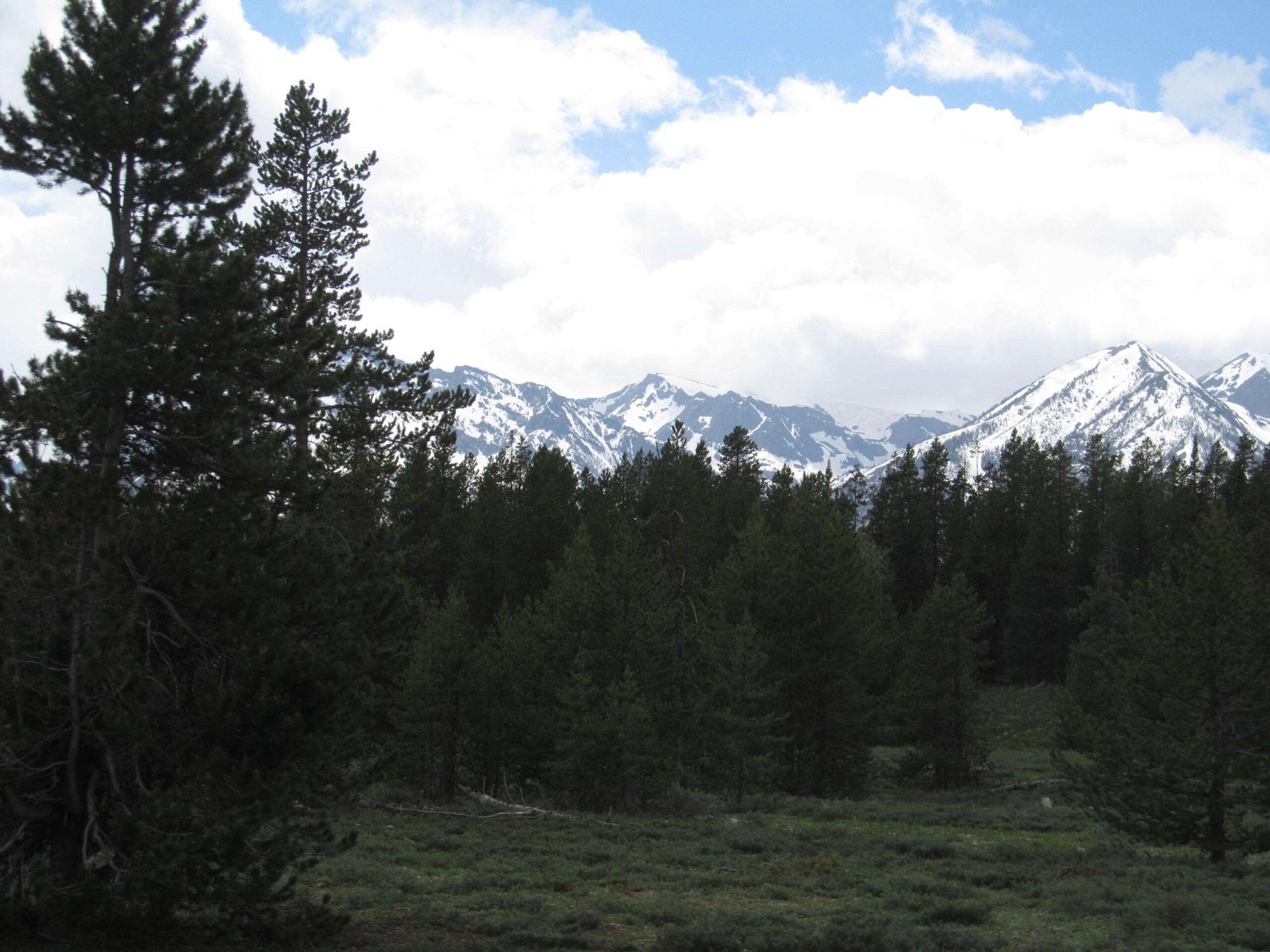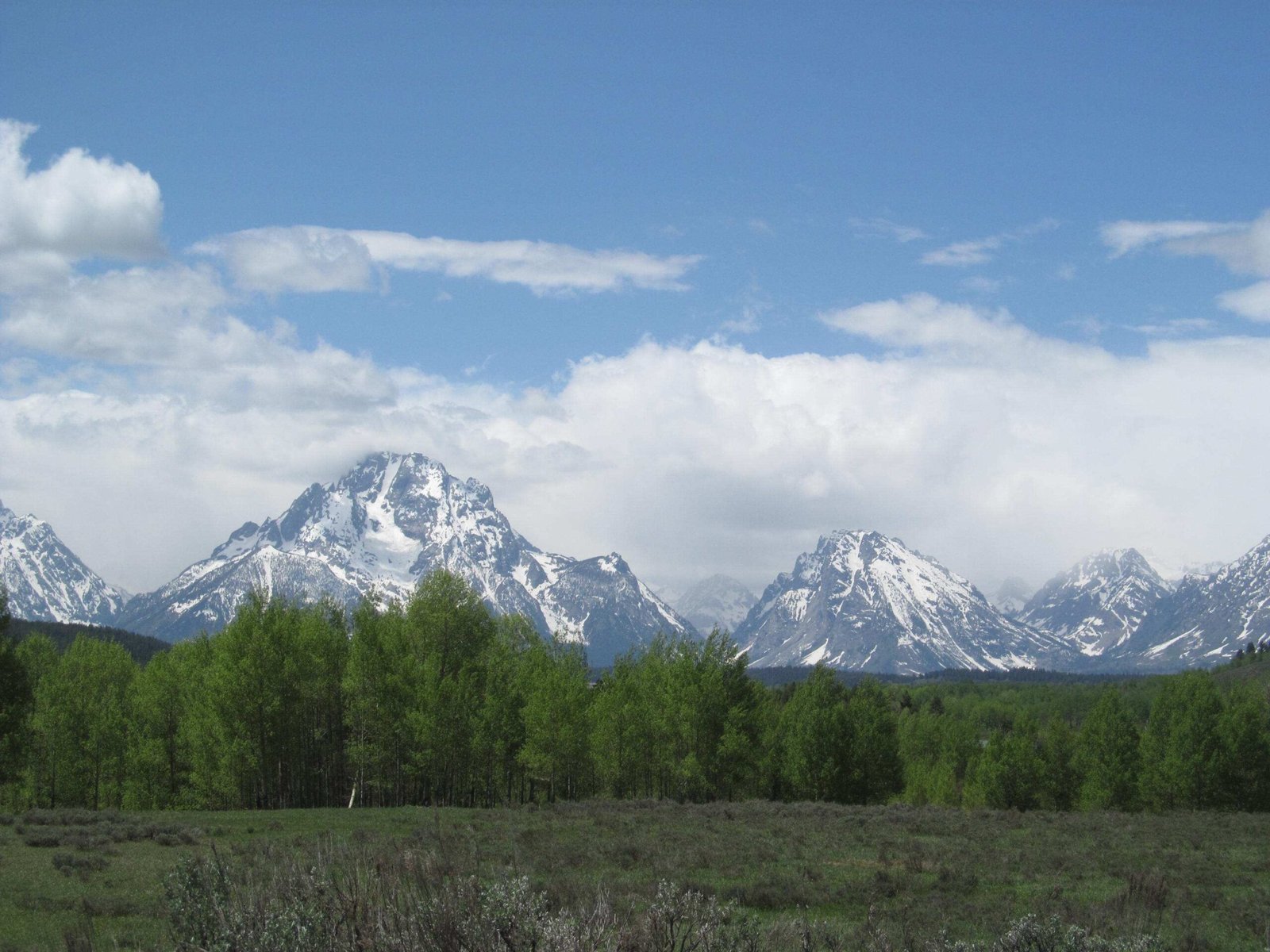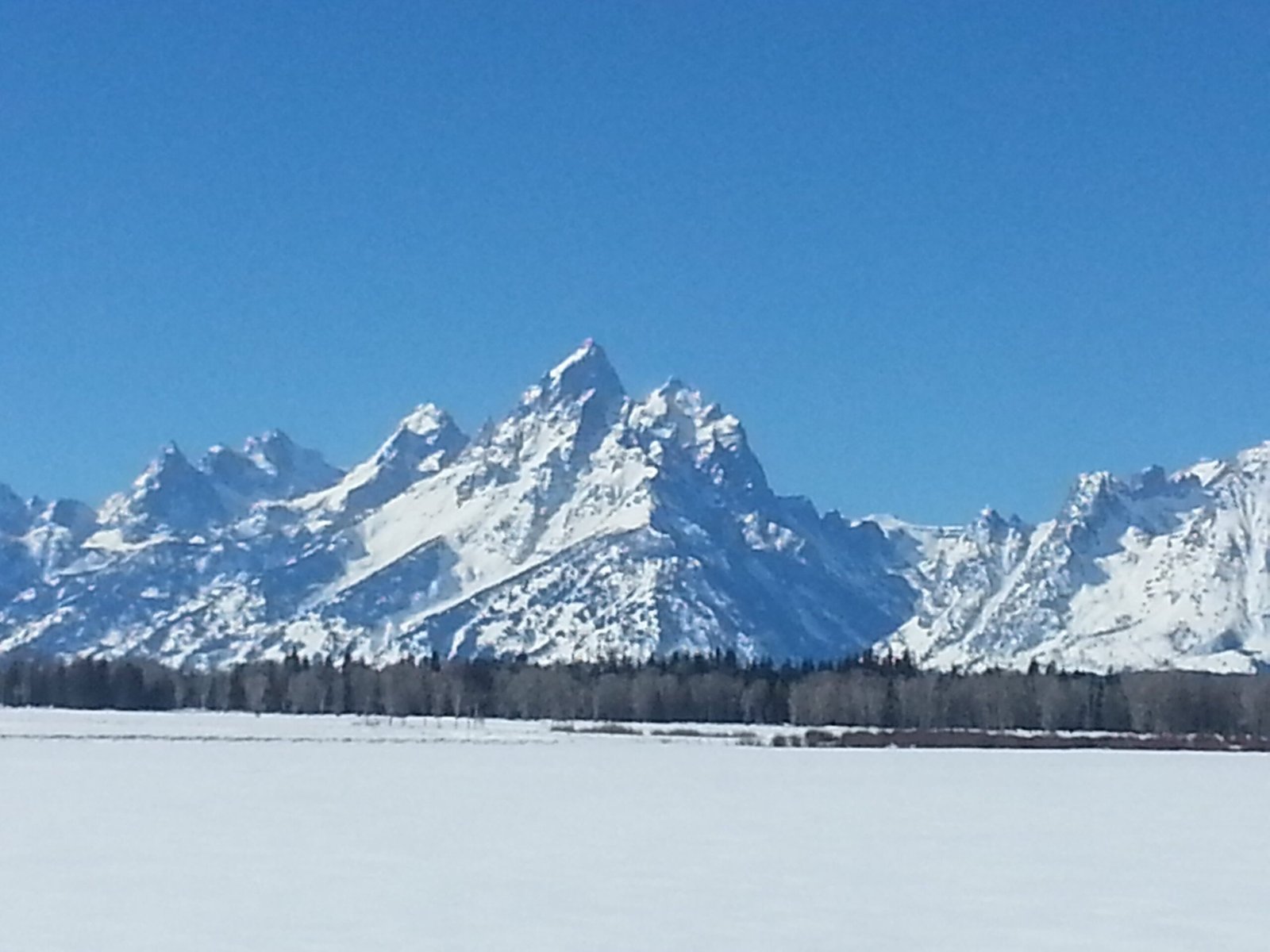The first snow transforms Grand Teton National Park into a breathtaking winter wonderland, typically arriving between late October and early November. Blankets of pristine white snow dramatically contrast against the rugged Teton mountain range, creating a magical landscape that attracts photographers, hikers, and winter enthusiasts from around the world. The park’s unique ecosystem comes alive with the season’s first snowfall, offering unparalleled opportunities for exploration and natural beauty.
What Makes the First Snow Special in Grand Teton?

When Does the First Snow Typically Arrive?
The first significant snowfall in Grand Teton National Park usually occurs between October 7 and November 1, marking the transition into the winter season. Historical data suggests that:
- Average first snow dates range from late October to early November
- Snowfall can vary from light dustings to several inches
- Elevation plays a crucial role in snow accumulation
| Elevation Range | Typical First Snow Timing | Average Snow Depth |
|---|---|---|
| 6,000-7,000 ft | Late October | 2-4 inches |
| 7,000-8,000 ft | Early November | 4-6 inches |
| 8,000+ ft | Mid-November | 6-10 inches |
How Does Weather Impact the First Snow?
Several factors influence the first snow in Grand Teton National Park:
- Temperature Variations
- Daytime temperatures typically range from 30-40°F
- Nighttime temperatures can drop below freezing
-
Rapid temperature changes create unique snow conditions
-
Atmospheric Conditions
- Mountain microclimates affect snow formation
- Wind patterns contribute to snow distribution
- Moisture levels determine snow quality
Where Are the Best Locations to Experience First Snow?

Top Photography and Viewing Spots
Photographers and nature enthusiasts should consider these prime locations:
- Oxbow Bend: Offers stunning reflections of snow-covered mountains
- Moose-Wilson Road: Provides intimate forest and mountain views
- Jackson Lake Lodge: Panoramic vistas of snow-draped landscapes
- Taggart Lake Trailhead: Access to scenic winter hiking routes
What Safety Precautions Should Visitors Take?
Winter in Grand Teton requires careful preparation:
- Essential Gear
- Waterproof, insulated boots
- Layered clothing
- Trekking poles
- Emergency communication device
-
Avalanche safety equipment
-
Navigation Considerations
- Check trail conditions before hiking
- Carry detailed maps
- Inform park rangers of your travel plans
- Monitor weather forecasts
How Can Visitors Maximize Their First Snow Experience?
Photography Tips
- Use early morning or late afternoon light
- Bring extra camera batteries (cold drains batteries quickly)
- Use wide-angle lenses to capture landscape scale
- Protect camera equipment from moisture
Recommended Winter Activities
- Wildlife photography
- Snowshoeing
- Cross-country skiing
- Landscape documentation
- Guided winter tours
What Wildlife Can Be Observed During First Snow?
Winter brings unique wildlife viewing opportunities:
- Elk Herds: Migrate to lower elevations
- Moose: More visible against snow backgrounds
- Bald Eagles: Winter hunting season
- Bighorn Sheep: Navigate rocky terrain
Recommended Wildlife Viewing Etiquette
- Maintain safe distances
- Use binoculars or telephoto lenses
- Avoid disturbing natural habitats
- Move quietly and slowly
Final Winter Preparation Recommendations
- Check park website for current conditions
- Purchase necessary winter permits
- Rent or bring appropriate gear
- Plan flexible itineraries
- Stay informed about weather changes
Reference:
– Grand Teton National Park Official Website
– Jackson Hole Travel Guide
– National Weather Service

